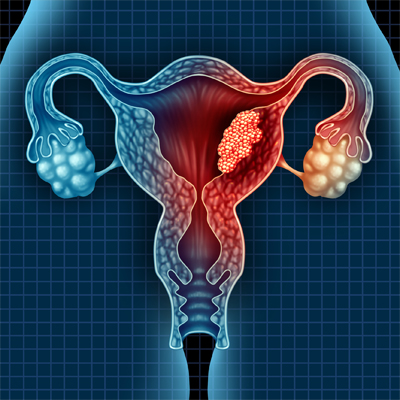Gynaecological Cancer
Information for women, their partners and families about gynaecological cancers.
What are gynaecological cancers?
‘Gynaecological cancer’ refers to the five cancers that start in a woman’s reproductive system - click on the links for information about each type of gynaecological cancer:
- Cervical Cancer
- Ovarian Cancer
- Vaginal Cancer
- Womb Cancer (also known as endometrial or uterine cancer)
- Cervix Cancer
- Fallopian tubes Cancer
- Uterus Cancer
Symptoms -
While gynecological cancer can cause some symptoms in the early stages, they are often missed since they mimic other common conditions.
The earlier cancer is identified, the easier it will be to treat. In order to get an early diagnosis, it is essential to discuss any unusual symptoms with your doctor as soon as possible.
The signs and symptoms of gynecological cancer depend on the specific cancer and the organ affected. The most common ones include:
- Abnormal vaginal bleeding or discharge
- Pelvic pain or pressure
- Back pain
- Bloating around the lower abdomen
- Unusual or extreme pain or cramping in the lower abdomen
- Changes in urination or bowel movements
- Infertility
- Itching, burning, or skin color changes in the vulva
- Abnormal lumps or bumps around the vulva
- Pain during sex
Causes -
Gynecologic cancers happen when cells lining one of the reproductive organs change, and these abnormal cells begin to multiply and spread. Research is ongoing, but health experts still do not have a full understanding of the cause of cancer. Factors such as genetics, exposure to some STIs like HPV, smoking, and environmental exposures do make gynecological cancers more likely to occur.
